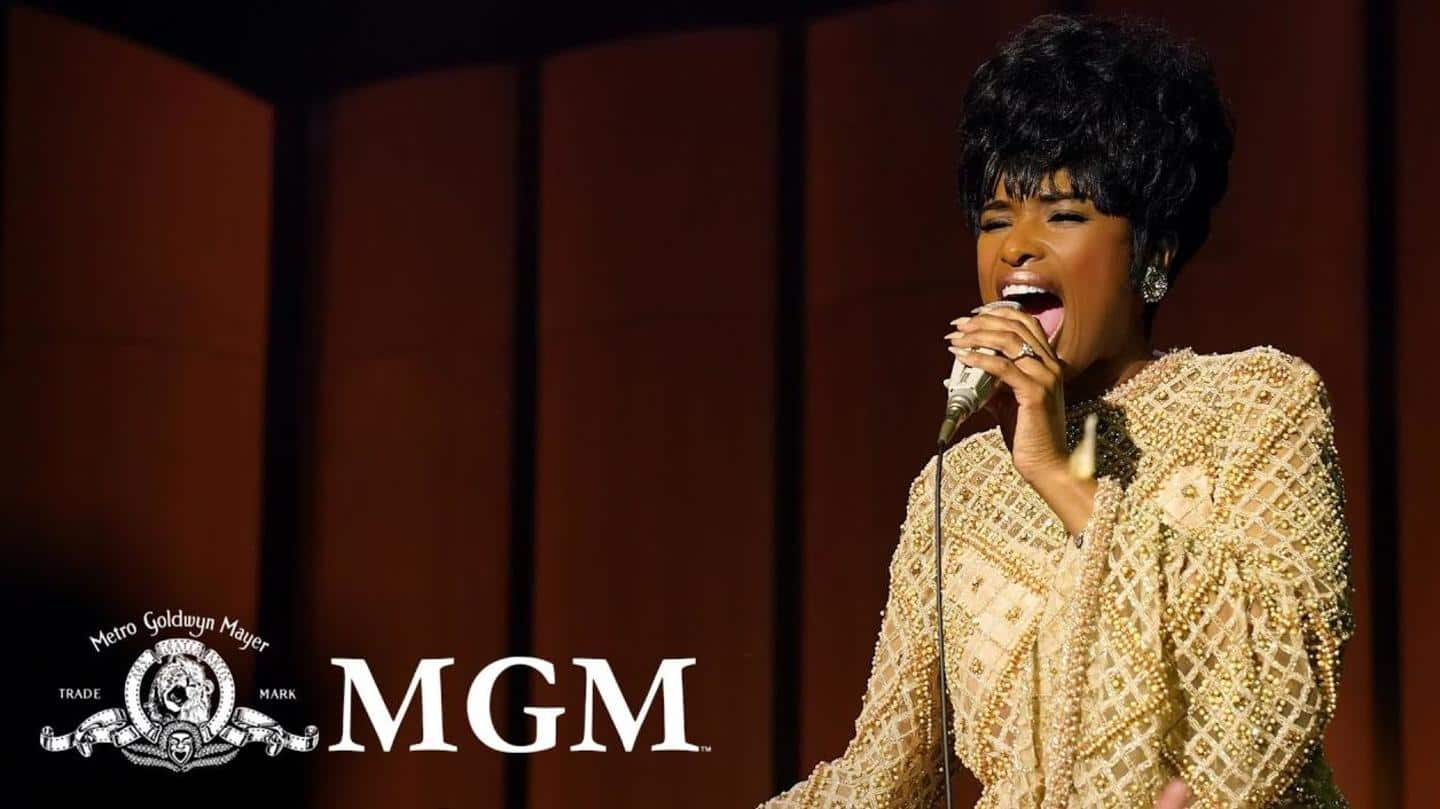
'Respect': Jennifer Hudson elated for playing her idol Aretha Franklin
What's the story
Jennifer Hudson is playing the late Queen of Soul, Aretha Franklin, in Respect, which will release in US this Christmas and in January 2021 globally.
This is a dream role for the singer-actress-philanthropist, as she considers Franklin as one of her biggest influences.
In fact, her first brush with fame happened when she sung a Franklin cover while auditioning for American Idol in 2004.
Gratitude
"Truly feel like my whole life prepared me for it"
Elaborating what playing Franklin on-screen means to her, Hudson said the former's songs give her the energy to perform.
"I truly feel like my whole life prepared me for it. When I look back, knowing how Aretha influenced me musically or how many times I've performed her songs. Even when I was on American Idol, my audition song was a Franklin song," she said.
Context
'Respect,' the song, was originally released in 1965
Notably, Respect is a song, originally by an artist named Otis Redding, released in 1965.
The song was later immortalized by Franklin in 1967, who gave a feminist flavor to the original composition that urged for a man's respect from his better half.
Her version won two Grammy Awards in 1968 and was inducted in the Grammy Hall of Fame in 1987.
Fact
Hudson was handpicked by Franklin to play her on screen
Franklin passed away in 2018 due to pancreatic neuroendocrine cancer.
However, years before, the legendary crooner handpicked Hudson to play her.
Recalling those times, the Oscar winner said, "We met in New York, and one of the first things she said to me was 'You're gonna win another Oscar for playing me, right?' Imagine Aretha Franklin looking you in the face and saying that."
Biopic
The iconic singer became "a part of Black American culture"
Respect deals with Franklin's untold stories of childhood and leads the audience to the timeline when she recorded Amazing Grace.
Talking about Franklin's effect on Black American culture, Audra McDonald, who plays Franklin's mother Barbara in the film, said, "It's a part of Black American culture — if you're of a certain age, Aretha was in your house in some way, shape, or form."